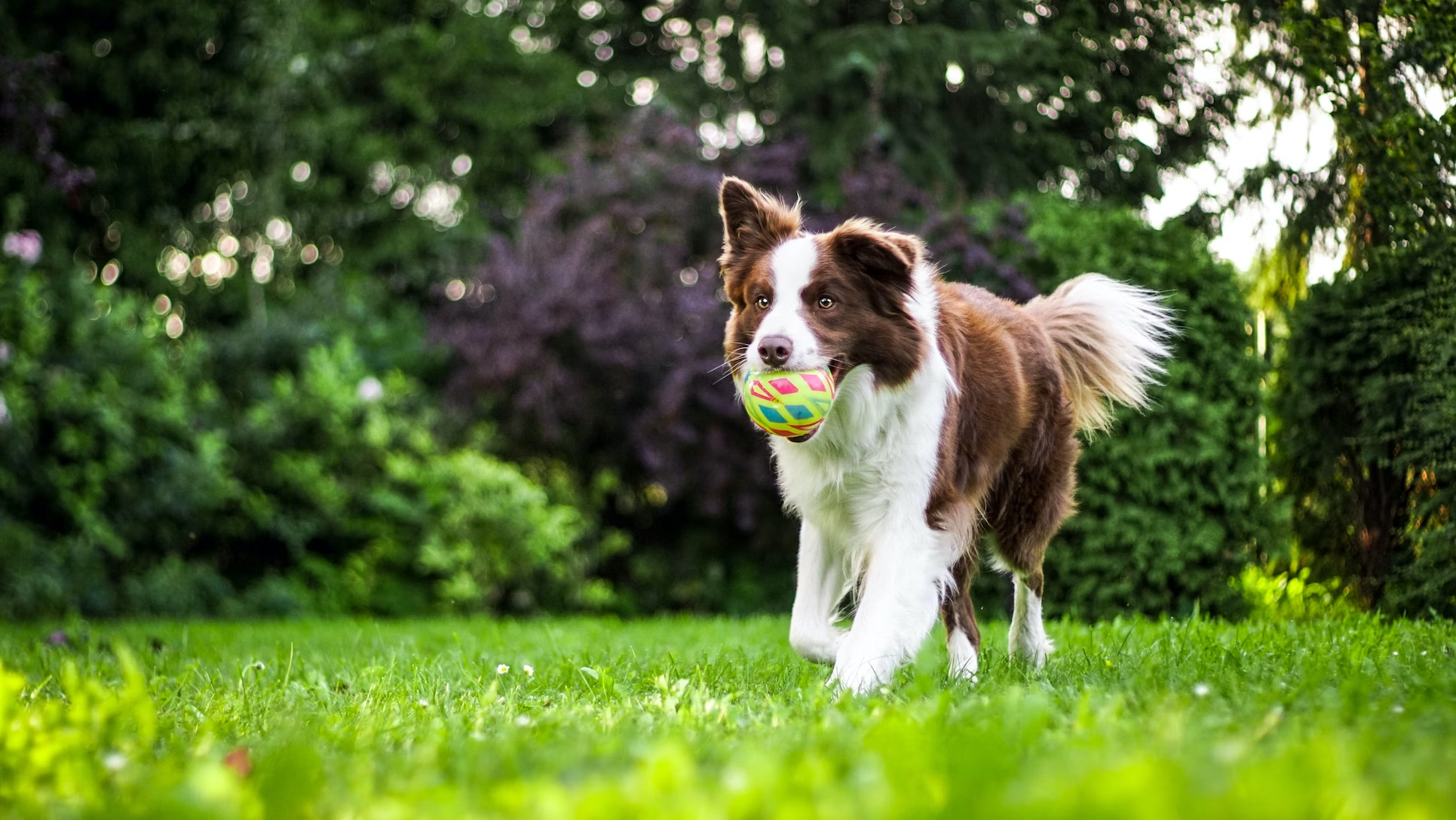You notice your dog suddenly seems restless and unable to get comfortable lying down after eating. Could this be an early sign of the life-threatening emergency bloat? Recognizing symptoms helps you seek prompt veterinary care when minutes matter most.
What is Bloat in Dogs?
Bloat, or gastric dilatation-volvulus (GDV), is a rapidly progressive disorder involving:
- Dilatation – Accumulation of air and food stretches the stomach abnormally.
- Volvulus – The bloated stomach twists on itself, trapping contents and gases.
This blocks blood flow and prevents burping or vomiting to release pressure. Bloat can progress to shock and death quickly without intervention.

Common Signs of Bloat in Dogs
Classic concerning symptoms of bloat to watch for include:
- Unproductive retching and attempts to vomit
- Distended, hard, painful stomach
- Restlessness, discomfort, pacing
- Rapid shallow breathing
- Gums turning blue, white or bright red
- Collapsing into shock as stomach shuts down
Caught early, bloat has better prognosis. Do not wait to see if symptoms pass. Rush to emergency vet care at the first signs. Time is critical!
Will a Dog With Bloat Sleep?
The short answer is no. The intense pain, nausea, and distress of bloat will deter a dog from settling down to sleep.
In fact, noticeable agitation and inability to get comfortable are key early indicators of bloat’s more subtle initial stage. A dog restless, shifting positions, and unable to lie still warrants an urgent vet visit to determine if GDV is taking hold before life-threatening progression.
While some illnesses cause lethargy and sleep, the acute agony of a stomach twisting will override a dog’s desire to sleep. Recognizing your dog’s loss of sleep as highly irregular for them emphasizes the severity so you seek prompt treatment.

How is Bloat Treated in Dogs?
Veterinarians address bloat through a combination of:
- Stabilizing shock – Administering IV fluids, pain medication, oxygen.
- Relieving pressure – Passing a stomach tube to release trapped gas and fluid.
- Surgery – As soon as stable, undergoing gastropexy surgery to permanently tack the stomach in proper position.
- Preventing recurrence – Having prophylactic gastropexy performed on at-risk breeds.
Rapid intervention gives dogs with bloat the best odds for recovery and avoiding recurrence. Know the subtle early signs.
What Should I Do if I Suspect Bloat in My Dog?
If you notice restlessness, distention, and attempts to vomit without relief – especially right after eating in a susceptible breed – take action:
- Call your vet immediately to alert them you are on your way even if after hours
- Rush to emergency vet clinic without delay – this cannot wait
- Do NOT allow food or water which further expands the stomach
- Do NOT attempt to induce vomiting
- Monitor gum color for circulatory compromise
- Keep the dog as calm and stable as possible until receiving medical care
Waiting to see if signs resolve on their own can prove fatal. Every minute counts when bloat strikes. Aggressive veterinary treatment is critical to survival and minimizing risk of complications. Don’t gamble when it comes to bloat – be proactive. It could save your dog’s life.
Conclusion
Bloat is an excruciatingly painful and rapidly progressive gastric condition preventing dogs from getting much needed rest. Noticing agitation and sleeping difficulty in conjunction with abdominal distention and retching should prompt immediate veterinary intervention. Know the subtle early signs of this life-threatening emergency. When bloat is caught early, dogs have the best prognosis thanks to attentive owners recognizing their distress.


